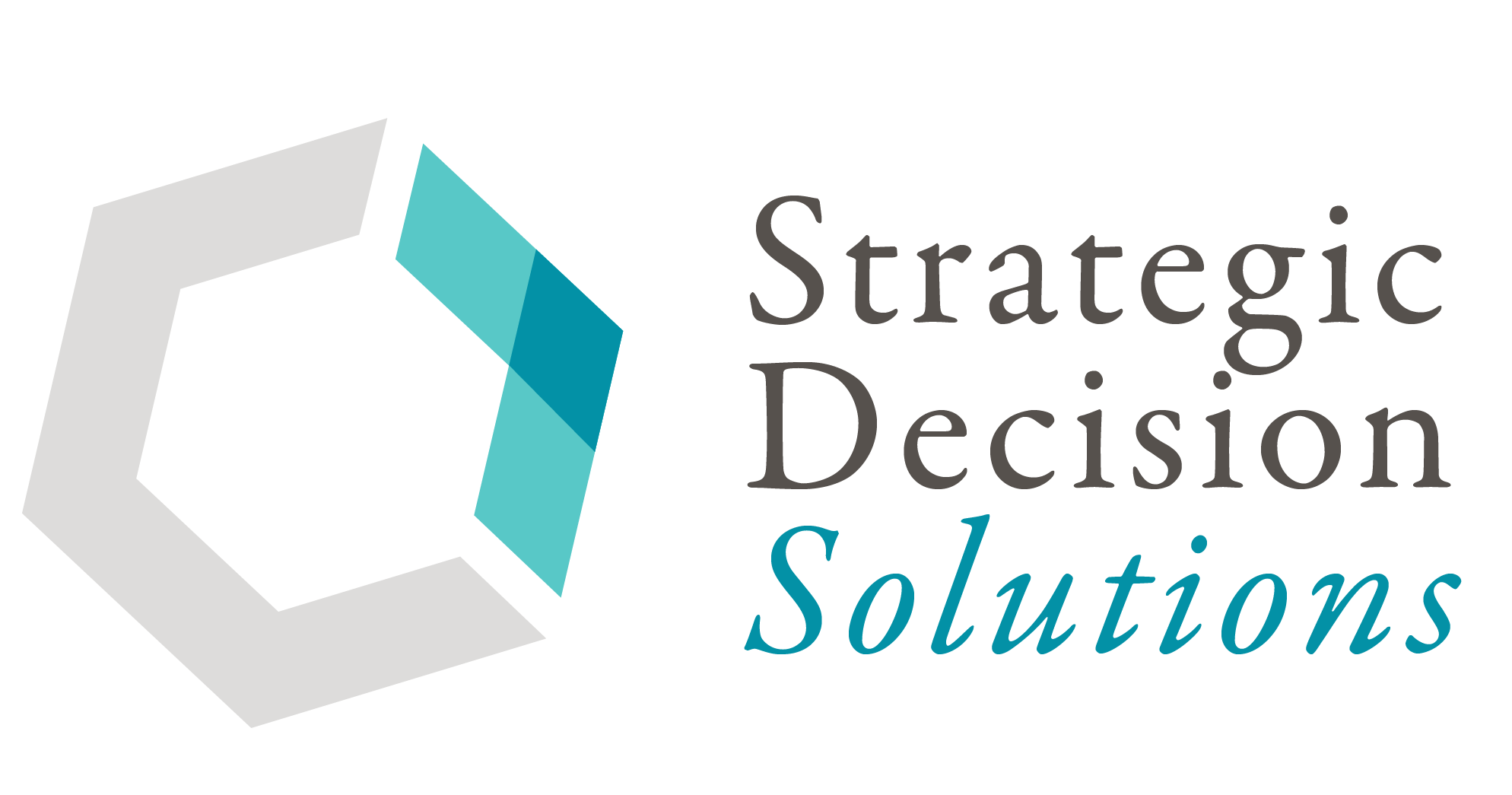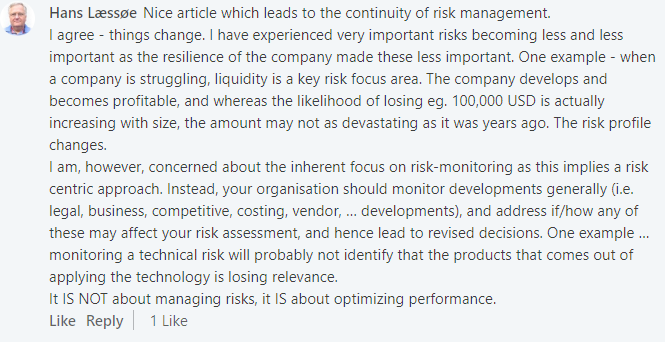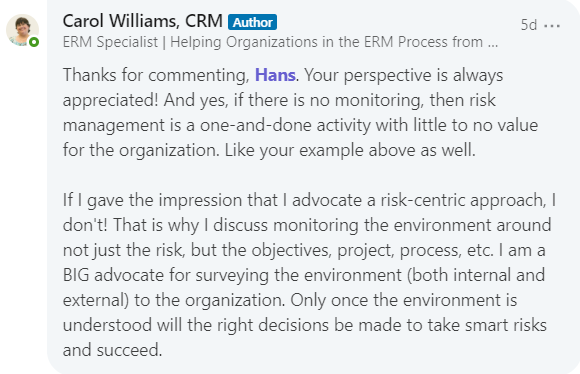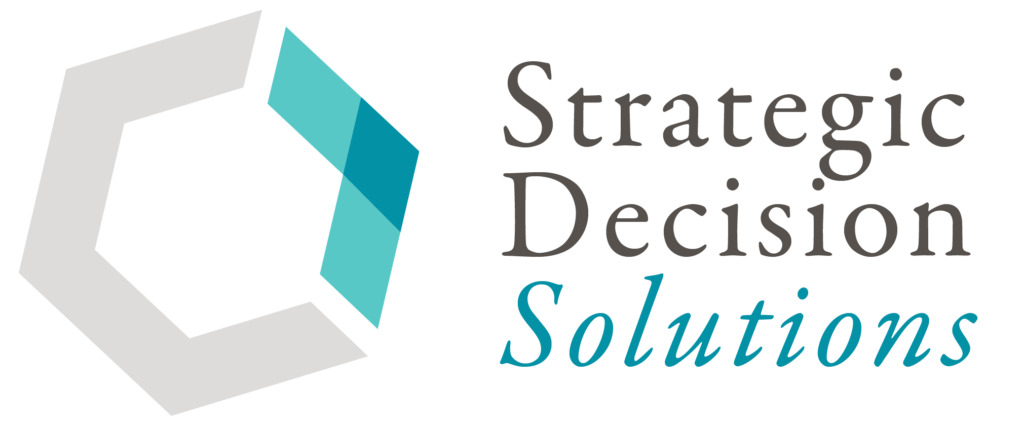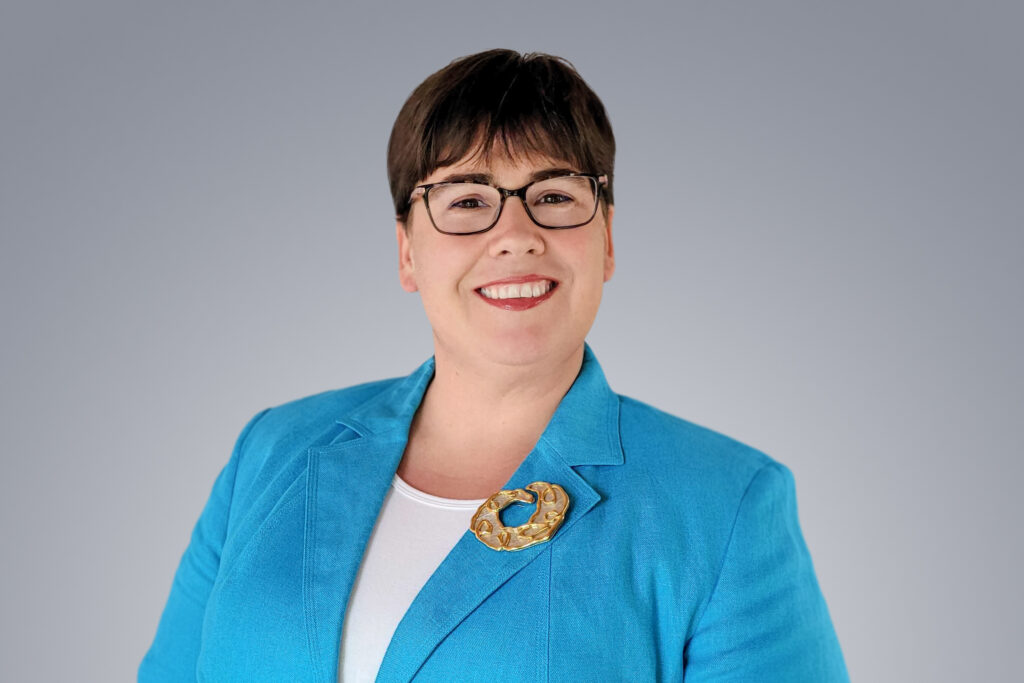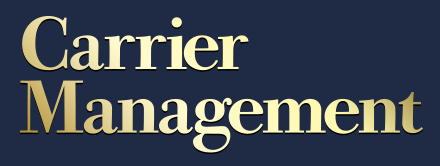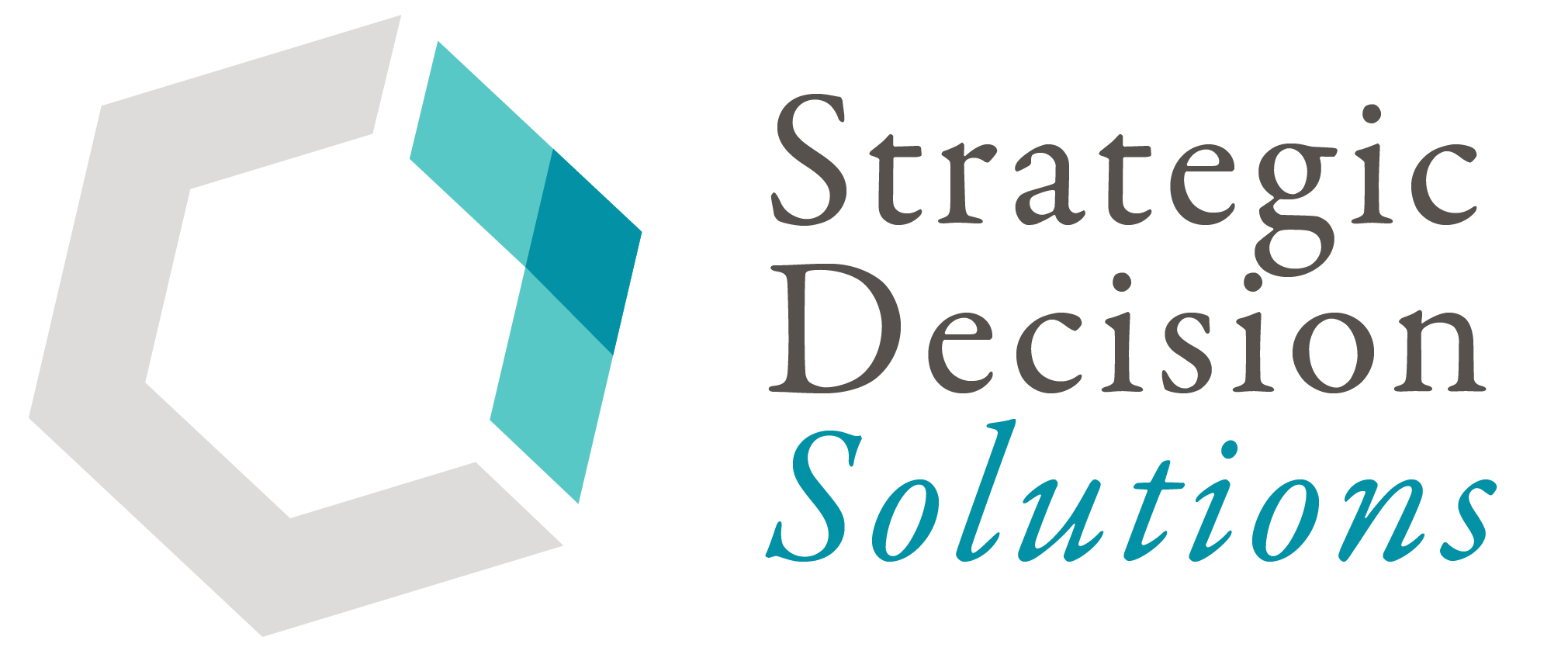I published an article last week on risk monitoring and how critical it is to the success of ERM.
Not only did the article provide a definition of risk monitoring, it also went in to some detail on why it’s important, why it must be approached with care, methods for risk monitoring, reporting, and other important considerations.
A fellow risk professional whom I admire, Hans Læssøe (former strategic risk manager at LEGO), posted this comment on my LinkedIn share of the article.
And of course, I responded to Hans! Here is my response posted on LinkedIn:
However, I wanted to expand on my response for the sake of others joining the conversation…
Hans made some excellent points in his comment. One of those key phrases is, “very important risks becoming less and less important as the resilience of the company made these less important.” And that is the whole point of risk monitoring. Completely agree!
But another point Hans made is his concern that the article was highlighting a focus on risks rather than performance – this concern is what I want to address today.
The definition for risk monitoring – “activities focused on understanding changes to the environment and specific risks to the organization.” – is one I came up with because there isn’t a “standard” definition for risk monitoring that I could find. ISO doesn’t really talk about it, and neither does COSO.
But you will notice that the definition doesn’t say “changes to specific risks to the organization.” Rather, it is about understanding changes to the environment of the organization, as well as the risks affecting the organization.
Why? If the environment changes, the risk(s) changes. And that means decisions may need to be changed, as Hans pointed out.
The reality is that too many organizations conduct a “risk workshop” where they identify and assess risks, come up with action plans that look good on paper, and report out on the workshop.
But what happens after that?
Executives set aside the information because they are focused on the objectives and performance of the organization.
What are they supposed to do with the information? There was no plan for check-ins, getting status updates, scanning the horizon for things that could disrupt those plans, etc. No value added for the executive.
Were there any real insights?
Any “ah-ha” or lightbulb moments during the workshop discussion?
Or was it more of a documentation exercise for what they already knew?
The last phrase in Hans’ comment is “It IS NOT about managing risks, it IS about optimizing performance.” And I couldn’t agree more!
Two of the three goals of risk monitoring I list in the article is to understand the effect that changes in the environment will have on objectives and whether the organization took enough risk to achieve its objectives.
In other words, don’t make enterprise risk management into enterprise list management. I don’t support or advocate for “list management” because it doesn’t help the organization. (More on this topic at a later date…)
The whole goal of ERM is to drive intelligent risk-taking behavior to support the organization’s improved performance. Don’t make it into a documentation exercise.
Is your organization focused on a list of risks to manage? Or are you focused on in-depth conversations to drive smart risk-taking?
I invite you to chime in with your perspective on this subject…because it could be life or death for ERM at your organization. Feel free to leave a comment below or join the conversation on LinkedIn.
And if your organization is struggling to take ERM beyond a simple documentation, “check-the-box,” or list management task , contact me today to discuss your specific challenge.
